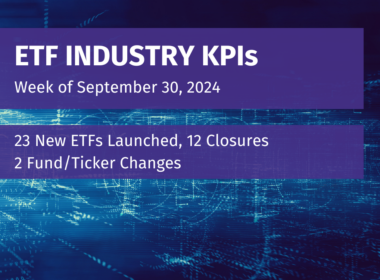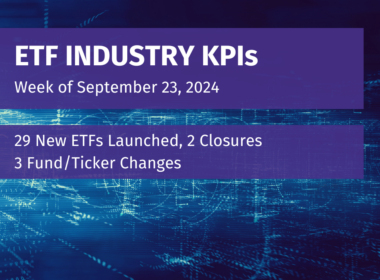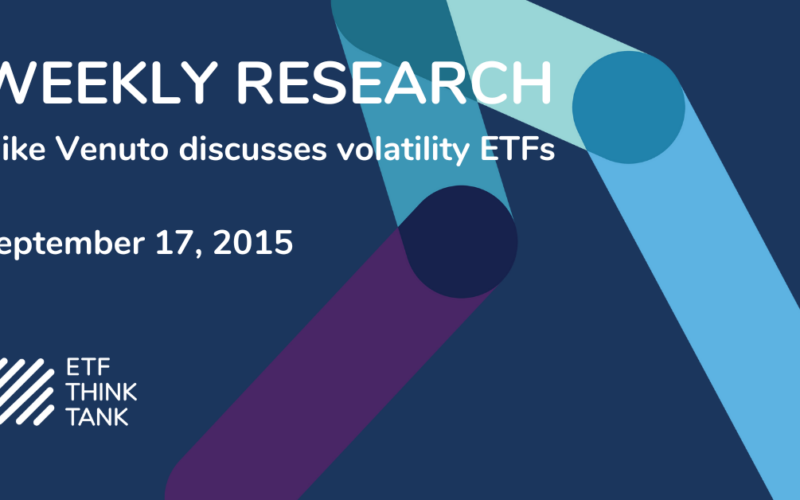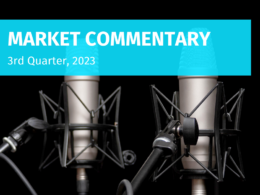The U.S. stock market just lived through one of its most dramatic downturns in recent years, and to many, the correction that sent the S&P 500 down some 10 percent in four days isn’t over yet.
The gut-wrenching plunge sent a lot of ETF investors running for the exits in a classic case of emotions taking over investment decisions.
With that in mind, we asked a few advisors: How do you keep clients calm amid market turmoil? What advice do you give them to protect them from selling in a panic?
Here’s what they had to say:
Dan Egan, director of Investing at Betterment:
“We’re constantly working to educate our customers about the importance of staying focused on the long term. We address volatility often in our content and communications.
Yesterday, if a customer logged in, they were able to see a brief message that directed them to a blog post about what to do when the market drops.
It’s also worth noting that we do things like tax-loss harvesting automatically to help during times like these.”
Mike Venuto, CIO at Toroso Investments:
“We believe in a core and satellite form of risk management. Our clients were positioned well for the recent sell-off because of our core allocation to an ‘all weather’ ETF portfolio.
We don’t believe this is the next 2008, but we feel the bull market is over. Investing in the rest of 2015 should be about volatility mitigation and strategic opportunities.”
John Forlines III, CIO JAForlines Global:
“What we told clients is that the narrative hasn’t really changed all year. Global growth continues to be fragmented and somewhat secular, as it has been in the past six or seven years. There’s been a perceptual shift that took place in the past three or four weeks around China. But the narrative there hasn’t really changed at all since its election three years ago or so.
The reform in China takes a long time to occur. Changes that are happening now will take time, so why would you want to overreact as China transforms into a more internally focused economy?
The other main point we tried to convey is that China has many more weapons in its arsenal than most countries that we might not fully understand, and a lot of hedge fund guys see that as lack of transparency, and they speculate.
You compound the impact of social media to all that speculating—a lot of folks get trading ideas from Twitter nowadays—and you get market action that feeds onto itself. It’s really been part misconception, part attempting to change the narrative, and part the impact of social media on investment decisions.
It’s also important to remember that we are seeing a fairly unusual recovery because it’s a balance-sheet recovery. There’re lots of ups and downs, and people without experience struggle to think bigger picture and longer picture. They see the screen, and they react. That lack of experience has been apparent in the past few days. So the message is simple: It’s important not to be caught up in it.”
Rick Ferri, founder of Portfolio Solutions:
“On the phone, we’ve been saying the current downturn started in China. But we aren’t China. Domestic consumer activity drives most of our GDP, while China relies on exports. The U.S. economy is strong and getting stronger. China’s export growth is weakening, forcing that country to devalue its currency and lower interest rates.
Housing in the U.S. is also on the upswing, which is a different category than consumer spending. [Yesterday], sales of new single-family houses in July 2015 were released and the number came out 5.4 percent above the revised June rate and 25.8 percent above the July 2014 estimate. The price of homes sold has also increased and is at a post-financial-crisis high. These are all good signs for a strengthening economy.
There will be stock market volatility, but it’s difficult to forecast a prolonged downturn in U.S. stocks when the economy is expanding. Remember, the stock market has predicted 10 out of the last three recessions; in other words, there are many more fire alarms than there are fires. This could be another false alarm.”












